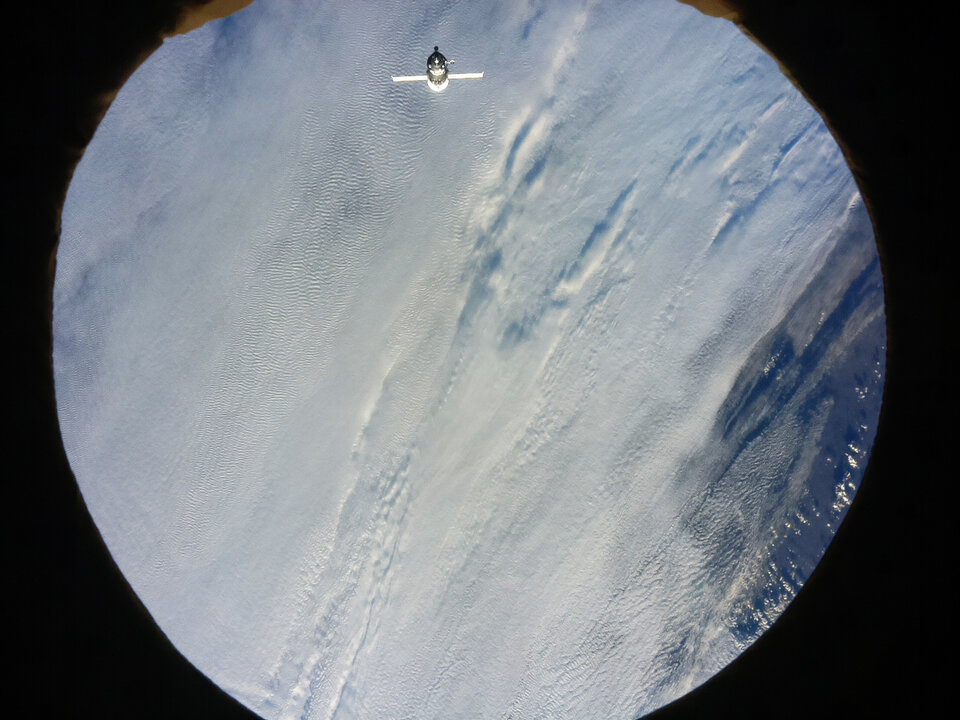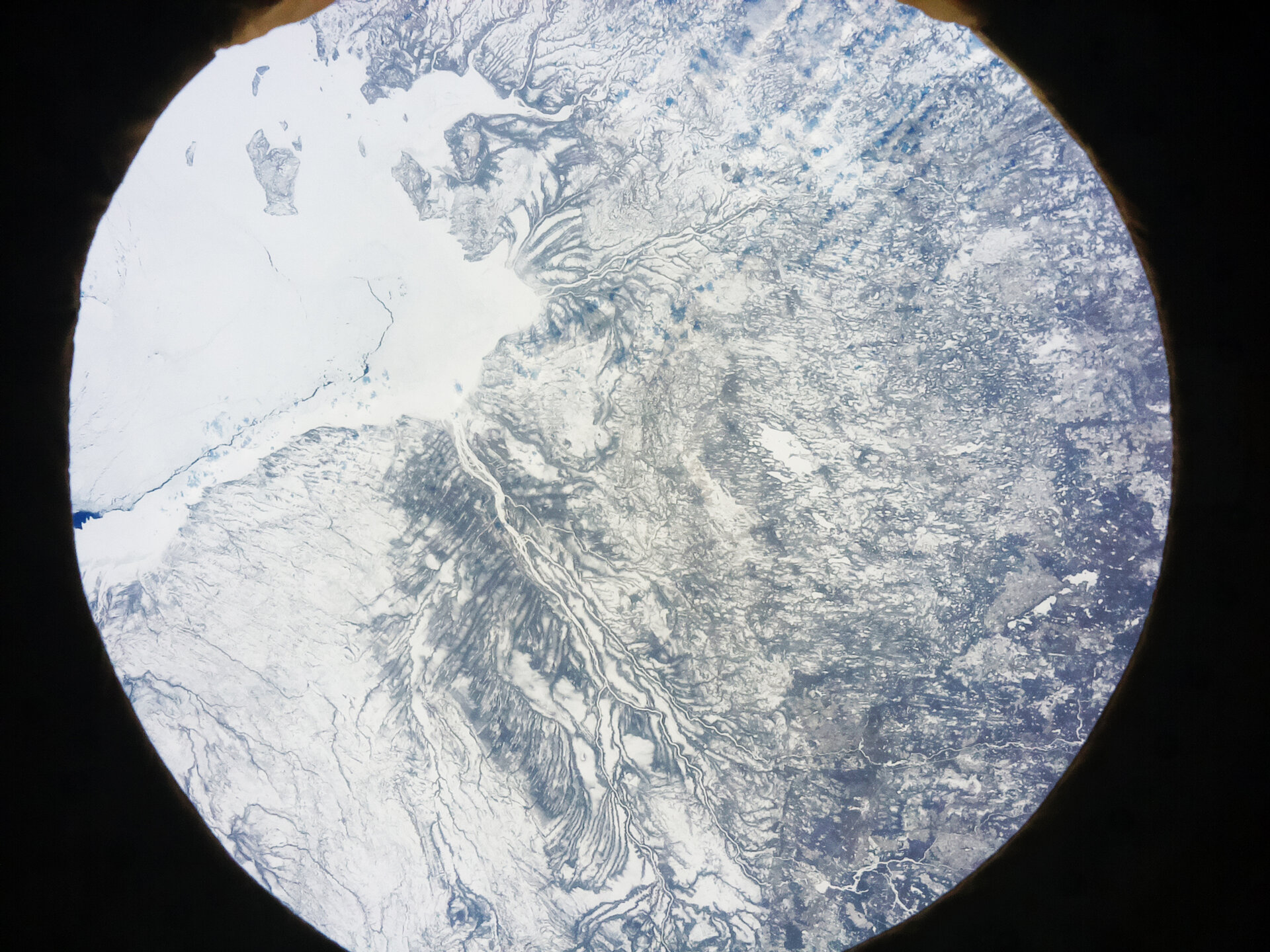Astro Pi 2018-2019: thousands of student teams ran their computer programs on the ISS
ESA Education, in collaboration with the Raspberry Pi Foundation, are excited to announce that 4702 teams of students and young people from 24 European countries successfully entered the Astro Pi 2018-2019 Mission Zero challenge, and had their programs run on the International Space Station for 30 seconds each!
Meanwhile, 135 teams of students and young people that made it to Phase 3 of the Astro Pi 2018-2019 Mission Space Lab challenge have just received back the data from their experiments, which ran for 3 hours each on board the International Space Station! These teams, coming from 21 countries including Malta and ESA Associate Member States Slovenia and Canada, have now reached Phase 4 (Analyse)of the challenge.
Programs deployed!
Over the last few weeks, both Mission Space Lab and Mission Zero experiments were deployed on the two Astro Pi computers on board the ISS, Ed and Izzy. For Mission Zero, the teams were challenged to measure the temperature inside the ISS Columbus module, and to use the Astro Pi LED matrix to display the measurement together with a greeting message to the astronauts on board.
For Mission Space Lab, Astro Pi Ed was helping the participants investigate life in space, using sensors to measure the conditions on the ISS and even map the magnetic field of Earth. As for Astro Pi Izzy, teams were using her near-infrared camera to investigate life on Earth, such as vegetation health and the impact of human life on our planet.
All the teams’ programs were overseen by none other than CSA Astronaut David Saint-Jacques! He has a special congratulations message for all Mission Zero participants, which he sent straight from the ISS! Watch the video here.
Who will win Mission Space Lab?

Now the final phase of Mission Space Lab begins: Phase 4. Each team will analyse their data and write up their results in a short scientific report, to be submitted to ESA no later than 31 May at 23:59 BST. A jury of experts from ESA and the Raspberry Pi Foundation will select the teams with the 10 best reports as the winners of Mission Space Lab. Each winning team will receive a very special prize!
ESA and the Raspberry Pi Foundation would like to thank all the teams that have taken part in the European Astro Pi Challenge 2018-2019.
Special congratulations go to all the teams whose programs ran on the ISS! By the end of June, you will all receive certificates in recognition of your hard work.
Follow our updates to find out which 10 teams will become the winners of Astro Pi 2018-2019 Mission Space Lab.


